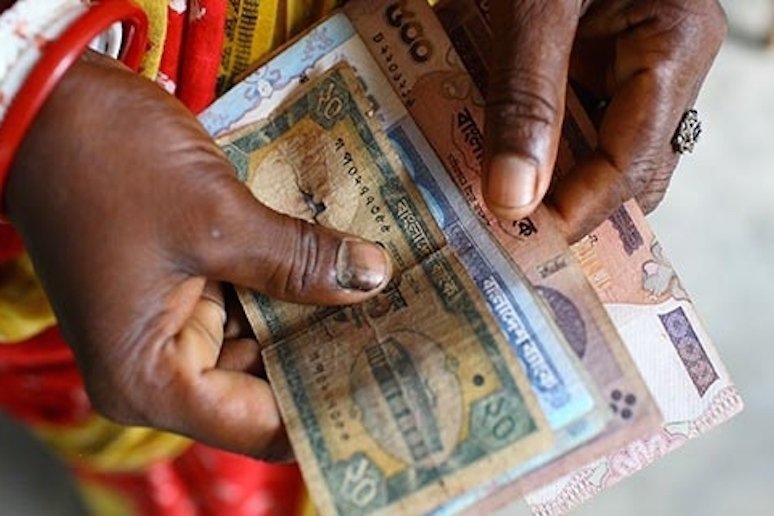Economic Impact of Cash Transfer Initiatives on Poverty Reduction
Poverty remains an unsolved global challenge up to today. In addressing this pressing issue, economists and policymakers have explored various strategies, and among these, cash transfer programs have emerged as a promising avenue. These initiatives strive to decrease poverty and tackle ethical concerns tied to income inequality and social justice. In this article, we delve into the ethical principles that underpin cash transfer programs and evaluate their effectiveness in realizing these ethical objectives, drawing from real-world examples.
The Ethical Foundation
Cash transfer is the assistance in the form of physical money or e-cash. The programs take its ethical foundation from the principle of distributive justice, which underscores the importance of fairly distributing resources within society. The main aim is redistributing wealth and resources to those in need and reducing disparities between the affluent and the disadvantaged. Cash transfers are designed to offer direct financial support to low-income individuals and families, recognizing their inherent entitlement to a basic standard of living.
Programs for sending money between parties have been implemented in several ways and have shown to be effective worldwide. For example, the Bolsa Familia program in Brazil is evidence of the transforming power of cash transfers. This effort has significantly reduced extreme poverty rates by supporting financially struggling families and enabling recipients to access necessary goods and services.
Furthermore, cash transfers frequently outperform in-kind aid because they provide recipients the freedom to decide according to their own needs and preferences. The emphasis on individual agency and self-determination in ethical principles is strongly aligned with this empowerment.
Achieving Ethical Objectives
Mitigating Extreme Poverty: Cash transfer programs effectively elevate individuals and families out of the depths of extreme poverty. Through the establishment of a bare income floor, these initiatives alleviate the suffering associated with extreme deprivation.
Fostering Human Capabilities: Beyond just furnishing income, cash transfers empower recipients to access education and healthcare, fostering long-term self-reliance and disrupting the cycle of intergenerational poverty.
Promoting Equity: Cash transfers play a pivotal role in reducing income inequality by redistributing resources from wealthier segments of society to those with fewer resources. This mirrors the ethical principle of mitigating economic disparities to create a more equitable society.
Respecting Dignity: These programs respect the dignity of recipients by treating them as autonomous individuals capable of making choices that cater to their unique circumstances. This approach aligns harmoniously with ethical principles emphasizing the respect of individual agency and dignity.
While cash transfer programs have proven to be practical tools for reducing poverty and promoting social welfare in many cases, they are not without disadvantages and potential drawbacks.
Firstly, implementing and administering cash transfer programs can be expensive since costs are associated with identifying eligible recipients, disbursing funds, and monitoring compliance. These costs can divert resources from other poverty reduction initiatives. Moreover, they may need to effectively address the root causes of poverty, such as lack of access to education, healthcare, or employment opportunities. As a result, their long-term impact on poverty reduction may be limited.
Some critics also argue that cash transfer programs can create dependency on government assistance, discouraging recipients from seeking employment or pursuing self-sufficiency. This is particularly concerning if the program does not include measures to promote economic empowerment and self-reliance.
Lastly, in some cases, injecting large sums of cash into a local economy can cause inflation, as increased demand for goods and services exceeds the supply. This can erode the purchasing power of cash transfers, ultimately reducing their effectiveness in alleviating poverty.
It's important to note that the disadvantages of cash transfer programs can vary depending on the program's design, implementation, and the specific context in which they operate. Effective cash transfer programs typically incorporate careful targeting, monitoring, and evaluation mechanisms to mitigate these disadvantages and maximize their impact on poverty reduction.
Written by Ulpan Nurdilda | Proofread by Yasmin Uzykanova
